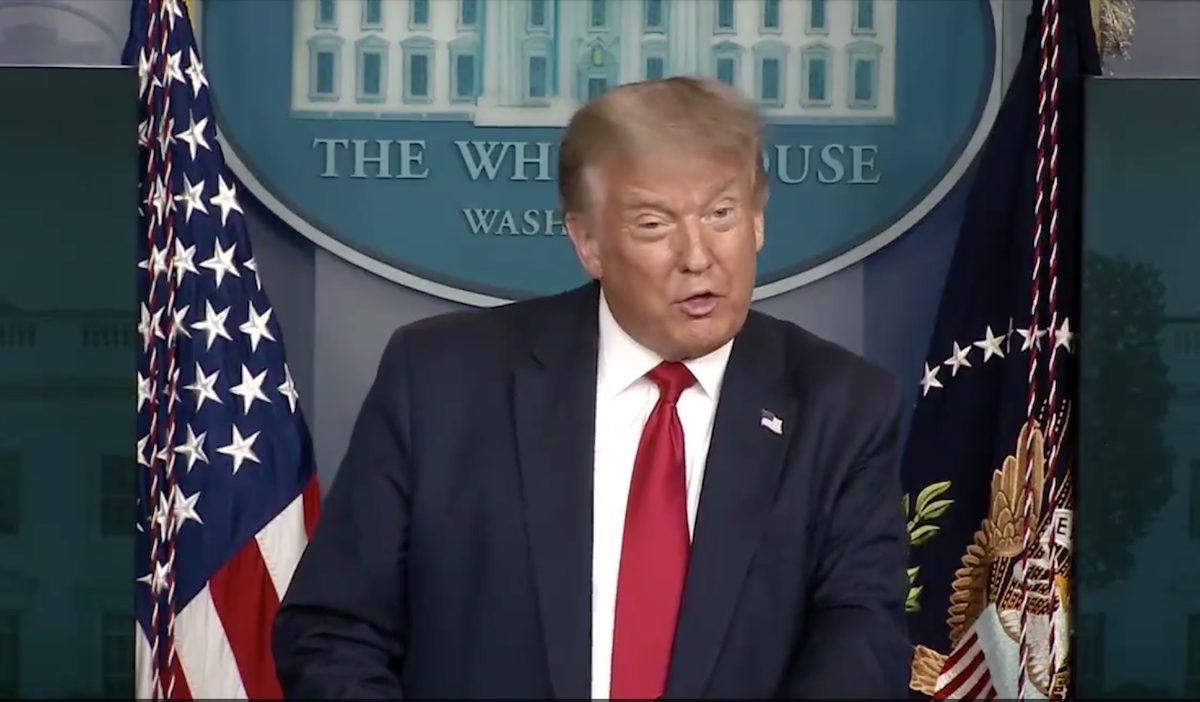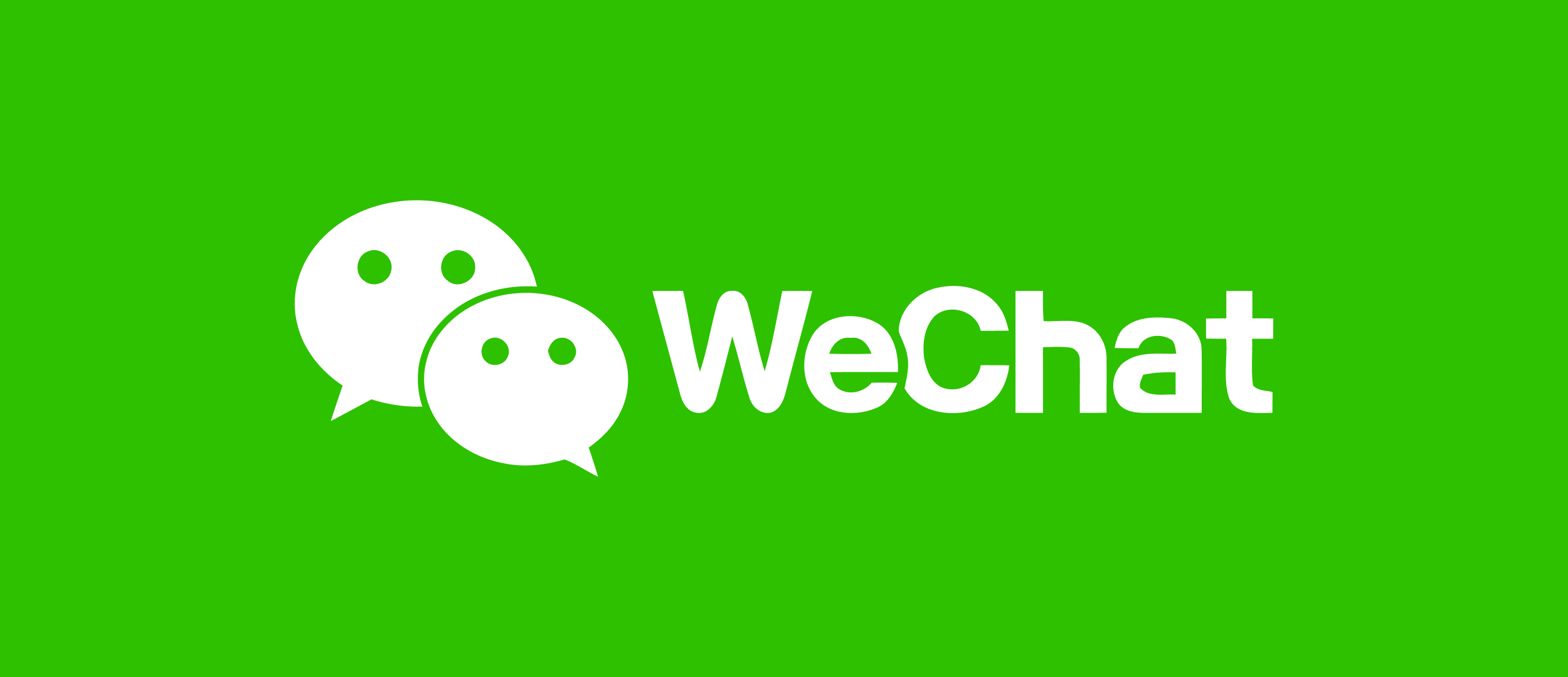A U.S. federal court has ruled that a ban on TikTok will not go into effect on Monday as scheduled. The move to delay the expected ban will allow Americans to continue using the app while the court analyzes the ban’s legality and whether the app poses a risk to national security as the Trump administration claims.
For weeks since President Donald Trump signed two executive orders in early August, the government has threatened to shut down the popular video sharing app over concerns that its parent company ByteDance could be forced to turn over American users data to the Chinese government. A claim that TikTok has categorically denied.

Trump’s TikTok Ban is Delayed
TikTok first filed a lawsuit against the administration on September 18, then filed a last-minute injunction this week in an effort to stop the ban going into effect Sunday night. On Friday, the government asked the court to reject the injunction in a sealed motion, which the government later refiled as a public motion with some redactions. A public hearing on the injunction was set for Sunday morning.
In its ruling on Sunday, the court gave its decision, with the formal opinion handed over privately to only the two involved parties. Due to sensitive material included in the government’s motion, the parties have until Monday to ask for any redactions before the final opinion will be published.

The administration first began an action against TikTok on August 6, with President Trump arguing in an executive order that the app posed a national security risk for American citizens. That order reflected a similar one published the same day that put restrictions on the popular Mandarin-language messenger app WeChat.
Last weekend, a federal judge in San Francisco put in place an injunction on the Commerce Department’s ban on WeChat, pending further court deliberations. TikTok, whose arguments echo those in the WeChat lawsuit, was hoping for a similar outcome in its own legal matters.

One difference between the two lawsuits is the plaintiffs. In WeChat’s case, a group of WeChat users filed a lawsuit arguing that a ban would hurt their expression of speech. Whereas, TikTok is representing itself in its conflict with the U.S. government.
2 comments